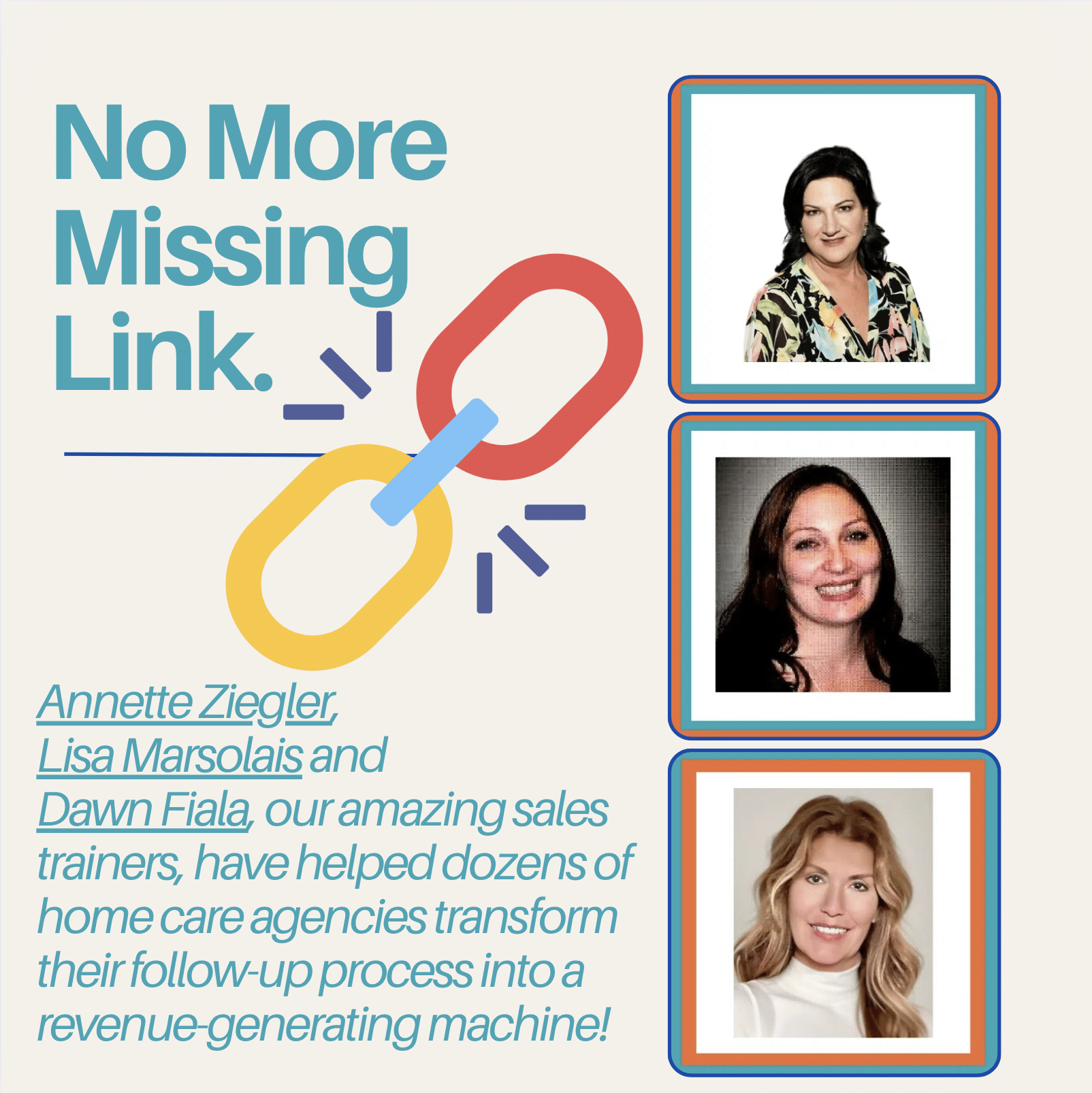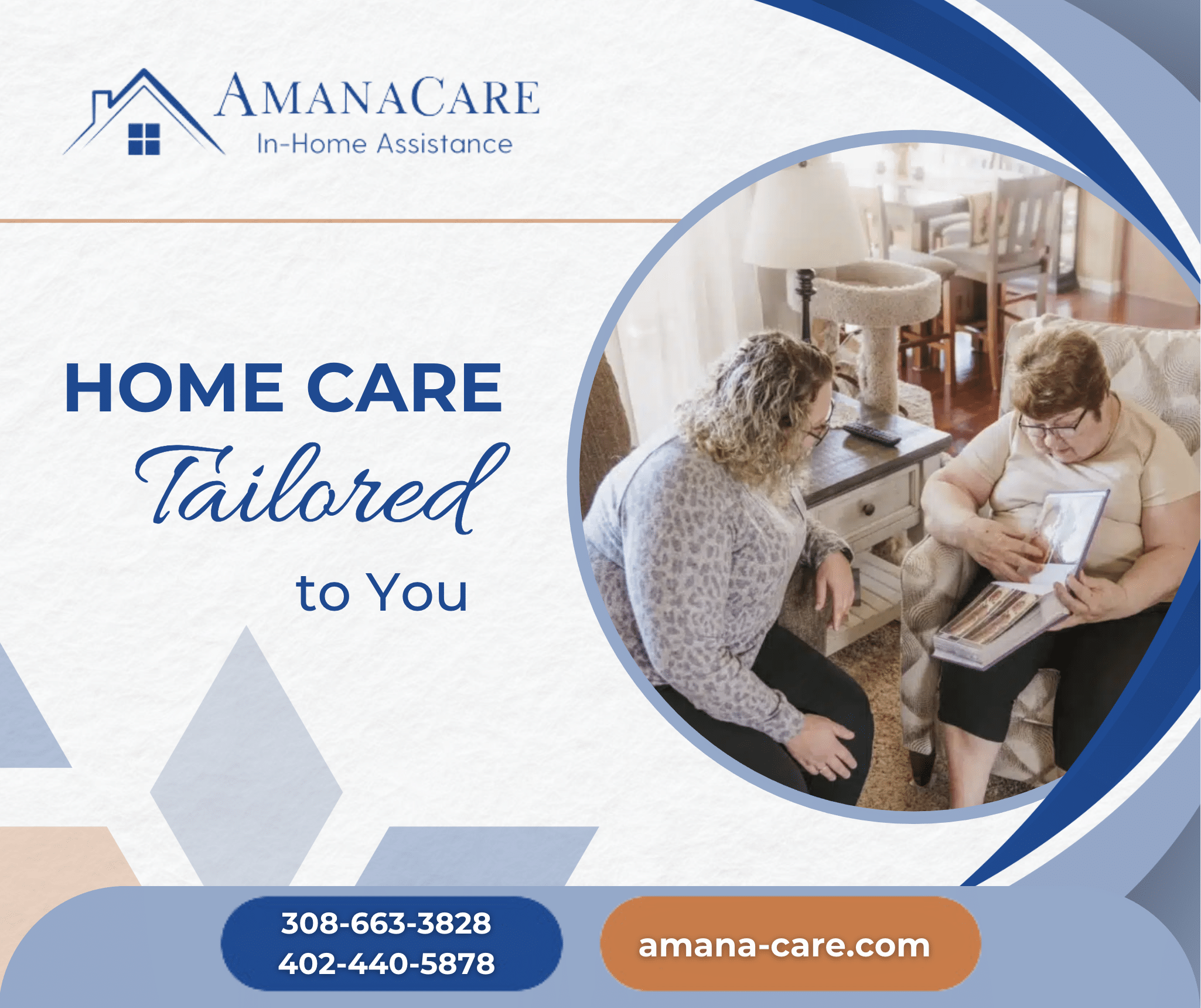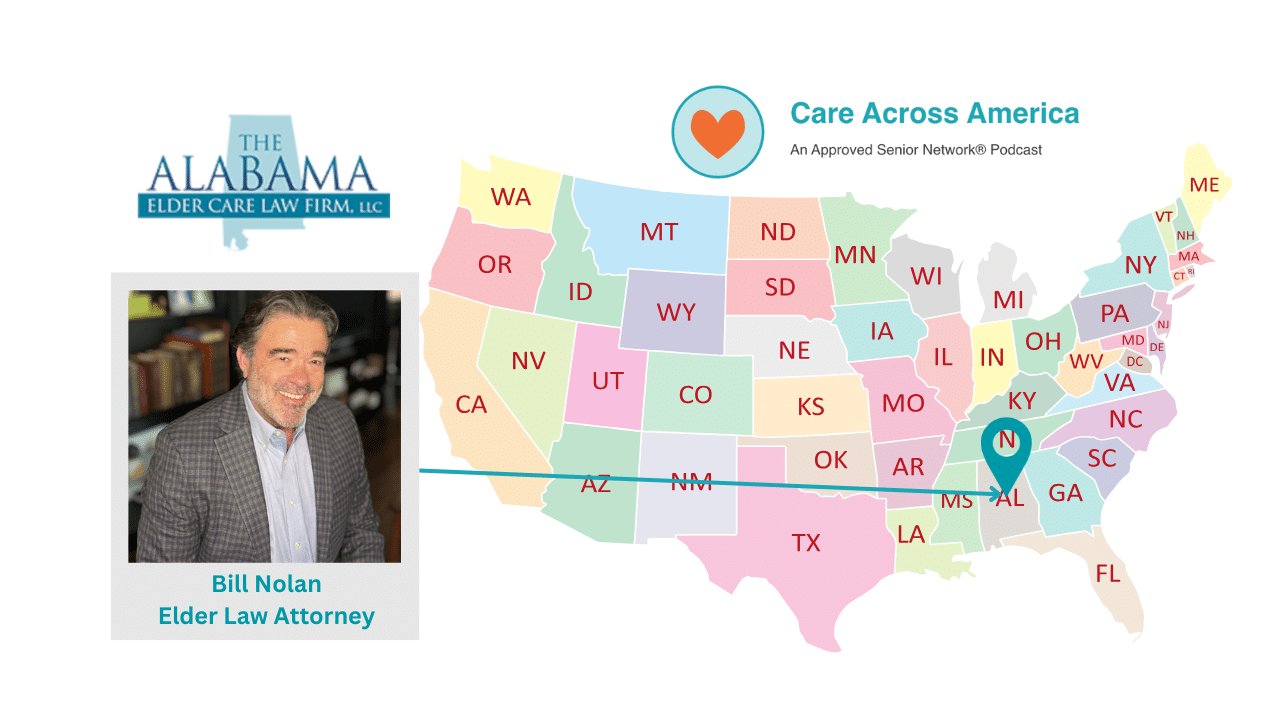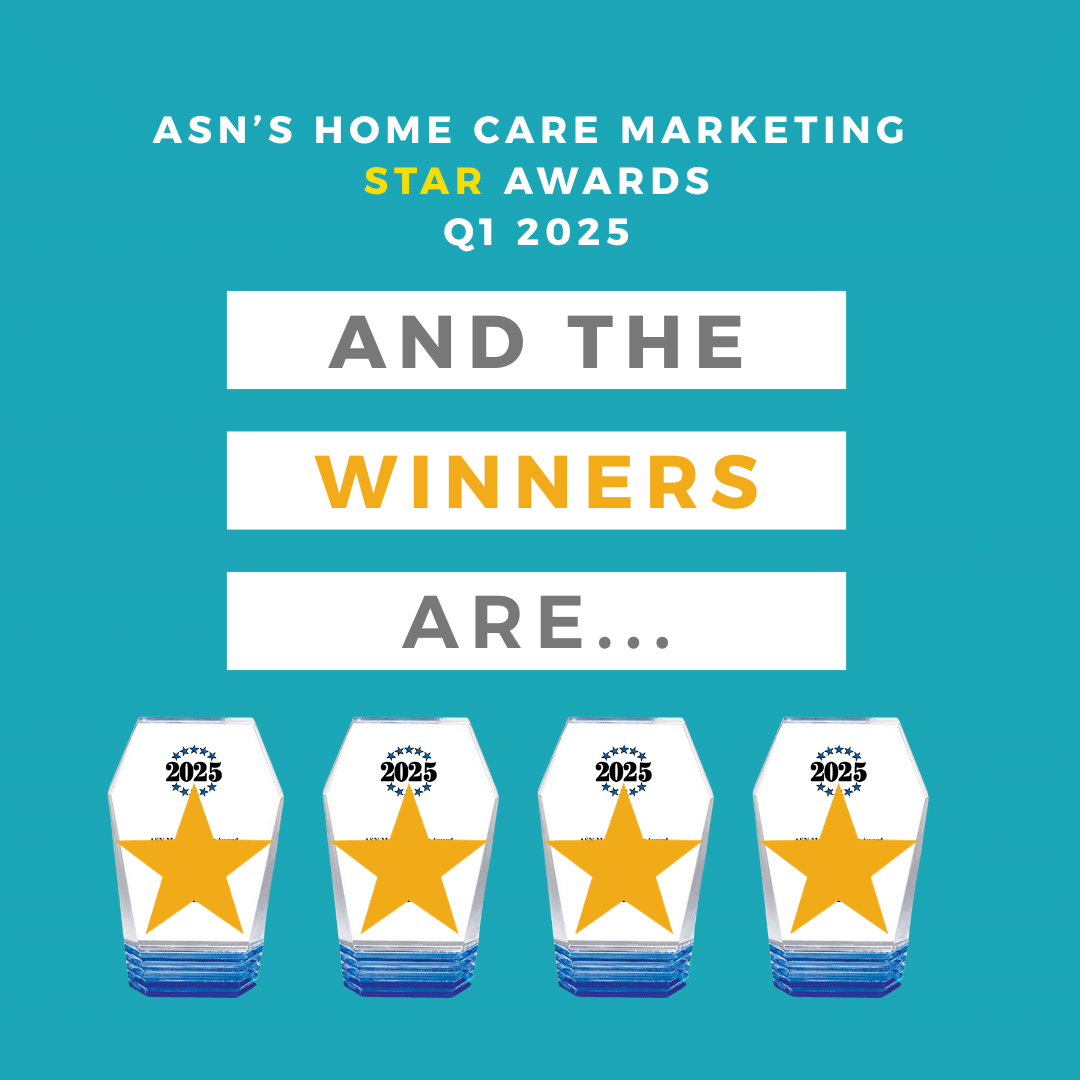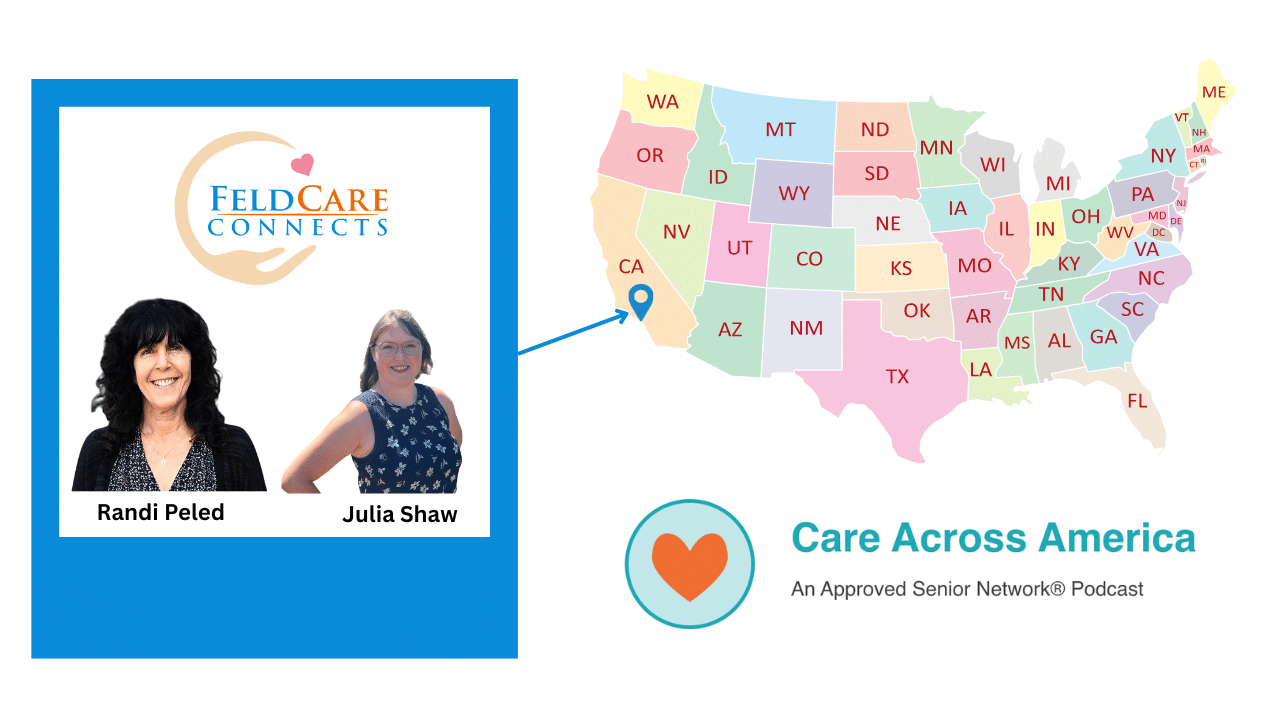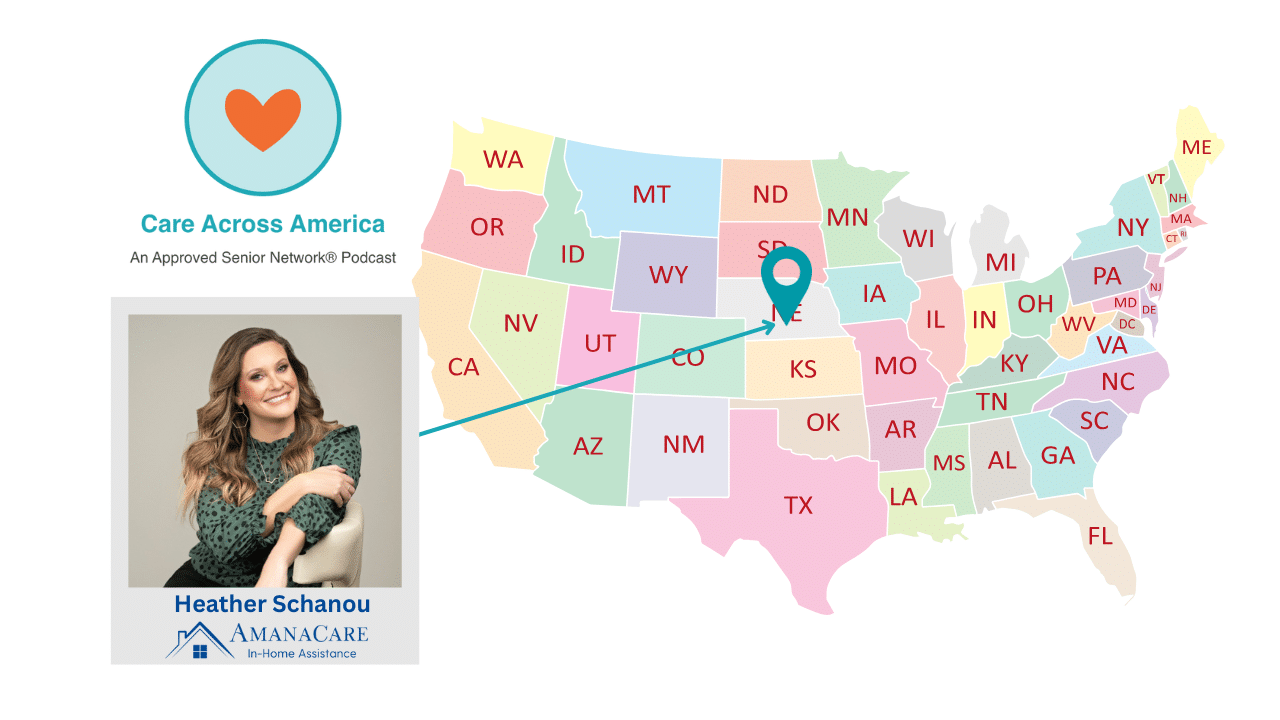Podcast Episode (Short)
Home care agencies face several challenges across multiple domains. Let’s break down the main challenges into a few categories:
Operational Challenges
- Recruiting and Retaining Staff: Finding and retaining skilled caregivers is one of the most significant challenges. Factors like high turnover rates, caregiver burnout, and competition for talent make it difficult to maintain a stable workforce.
- Training and Quality Assurance: Ensuring that all caregivers are adequately trained, certified, and provide high-quality care is critical. This requires continuous training programs, quality checks, and compliance with health regulations.
- Scheduling and Logistics: Efficiently managing schedules to match caregivers with clients without gaps or overbooking can be complex. It requires robust scheduling systems and software that can handle client and caregiver needs effectively.
- Compliance with Regulations: Home care agencies need to stay updated with local, state, and federal regulations. Non-compliance can lead to fines, licensing issues, or even the closure of the business.
Staffing Challenges
- Caregiver Shortages: As demand for home care services grows, there may be more clients than available caregivers. This requires building a pipeline for hiring and training.
- Matching Caregivers with Clients: Finding the right fit between caregiver skills/personality and client needs/preferences is crucial for client satisfaction and caregiver retention.
- Burnout and Job Satisfaction: Preventing caregiver burnout through support, fair compensation, manageable workloads, and positive company culture is vital to keeping staff motivated and reducing turnover.
Client Acquisition Challenges
- Marketing and Outreach: Attracting new clients requires effective marketing strategies, both online (website, social media, SEO, online ads) and offline (community events, partnerships with healthcare providers, traditional advertising).
- Building Trust and Brand Reputation: Families often need reassurance when choosing a home care provider. Establishing credibility through reviews, testimonials, and a visible community presence can help build trust.
- Sales and Lead Conversion: In-person consultations and converting leads into clients require a skilled sales team that can effectively communicate the benefits of the agency’s services and address any concerns.
Financial Challenges
- Managing Cash Flow: The costs associated with paying caregivers, marketing, and compliance may be challenging, especially when clients are billed periodically or rely on insurance reimbursements.
- Pricing and Affordability: Balancing competitive pricing while maintaining profitability is key, especially as home care is often paid out of pocket by families.
Technology and Efficiency Challenges
- Integration of Technology: Utilizing software for scheduling, payroll, client management, and communication is important for scaling. However, the challenge is in choosing the right technology and ensuring all staff are trained to use it effectively.
- Client and Caregiver Communication: Providing a seamless communication channel between clients, caregivers, and agency coordinators can improve satisfaction and efficiency.
Competitive Landscape
- Local Competition: Competing against other local home care agencies or even larger chains can be tough. Agencies need a unique value proposition and must focus on what differentiates them (e.g., specialized care, customer service).
- Establishing Referral Partnerships: Building relationships with hospitals, clinics, social workers, and other health professionals can help create a steady source of client referrals but can be a challenging and time-consuming process.
Quality of Care and Reputation Management
- Maintaining High Standards of Care: Scaling while maintaining quality is a challenge, as any dip in service quality can negatively impact the agency’s reputation.
- Managing Complaints and Feedback: Effectively handling client or caregiver complaints and learning from feedback to improve services is key for reputation management.
Each of these areas represents significant hurdles, but also opportunities for home care agencies that are looking to grow. Addressing these challenges through strategic hiring, training, marketing, technology adoption, and a clear value proposition can help overcome barriers and drive growth.
Frequently Asked Questions About Home Care Agency Growth
What is the biggest challenge in finding qualified caregivers?
One of the most significant hurdles is recruiting and retaining skilled caregivers. The home care industry faces high turnover rates, caregiver burnout, and stiff competition for talent. This makes it challenging to build a stable and reliable workforce.
How can home care agencies ensure they are providing high-quality care?
Providing high-quality care hinges on robust training and quality assurance. Agencies need continuous training programs for caregivers, regular quality checks, and strict compliance with all relevant health regulations.
Why is client acquisition a challenge for home care agencies?
Attracting new clients requires a multifaceted approach. Agencies need effective marketing strategies encompassing both online platforms like websites and social media, and offline efforts like community events and partnerships. Building trust is paramount, and agencies can achieve this through positive reviews, client testimonials, and a strong community presence.
What are the key financial challenges faced by home care agencies?
Managing cash flow is a major challenge. Expenses related to caregiver salaries, marketing, and regulatory compliance can strain finances, especially with periodic billing cycles and reliance on insurance reimbursements. Striking a balance between competitive pricing and maintaining profitability is crucial.
How can technology help home care agencies become more efficient?
Integrating technology is vital for streamlining operations. Software for scheduling, payroll, client management, and communication can significantly improve efficiency. However, choosing the right technology and ensuring staff are adequately trained to use it effectively are important considerations.
What strategies can home care agencies use to stand out from the competition?
In a competitive landscape, differentiation is key. Agencies need a unique value proposition, focusing on specialized care services or exceptional customer service. Building strong referral partnerships with hospitals, clinics, and other healthcare providers can provide a steady stream of clients.
Why is managing reputation crucial for home care agencies?
Maintaining a positive reputation is paramount. Any dip in the quality of care can severely impact an agency’s reputation. Effectively handling client or caregiver complaints, and using feedback to improve services, are essential for reputation management.
How can home care agencies overcome the challenge of caregiver burnout?
Preventing burnout is crucial for caregiver retention. Agencies can foster job satisfaction by providing support systems, offering fair compensation, ensuring manageable workloads, and cultivating a positive and appreciative company culture.




